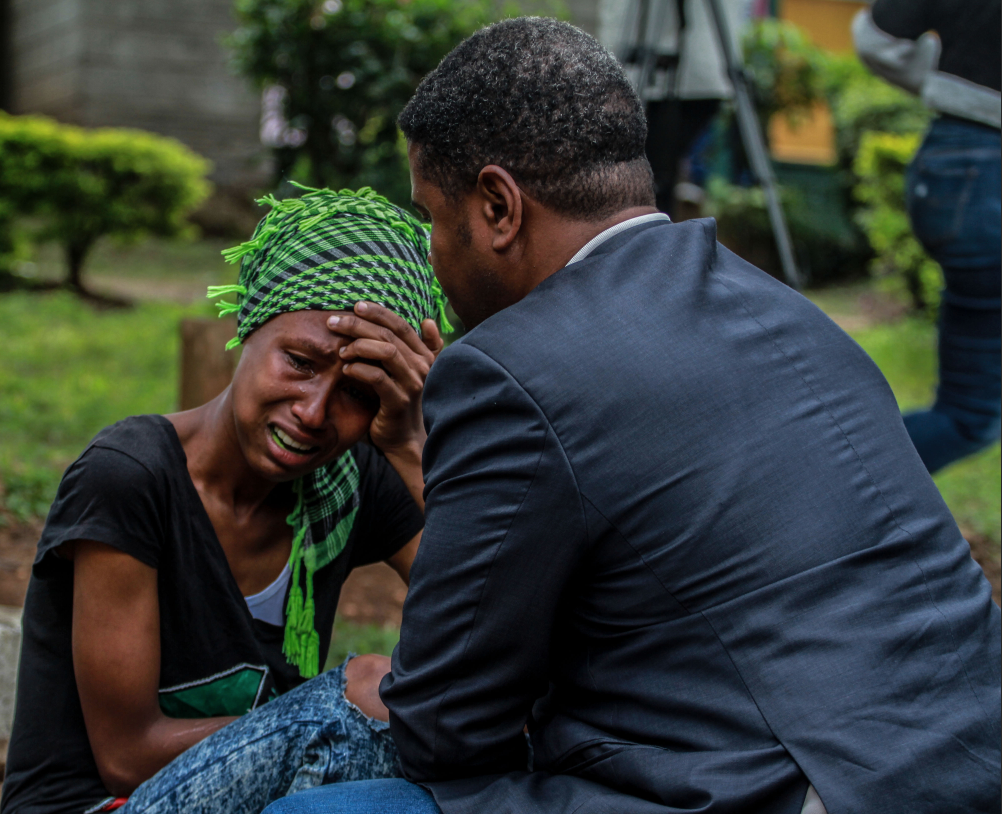
Kenya’s international image is under increasing scrutiny following reports of state excesses and human rights violations, particularly in the wake of nationwide protests led by Gen Z demonstrators.
Once hailed as a regional beacon of democracy and freedom, Kenya is now drawing concern from civil society groups and foreign diplomatic missions over the erosion of civil liberties and escalating police violence.
On Wednesday, the Kenya National Commission on Human Rights reported that at least eight people were killed and 400 injured during protests that day.
By Thursday, the death toll had risen to 15. KNCHR confirmed that all fatalities resulted from gunshot wounds and accused the police of using excessive force.
Ironically, these developments come just months after Kenya assumed its seat as a member of the United Nations Human Rights Council for a three-year term beginning in January 2025.
In a controversial move, the government ordered media houses to cease live broadcasts of the protests and switched off free-to-air signals for NTV and KTN.
The decision was widely condemned, including by Uganda’s National Association of Broadcasters, which described it as a violation of press freedom, democratic values, and the principles of responsible journalism.
International human rights organisations also raised alarms. Amnesty International called on Kenyan authorities to respect, protect and facilitate the right to peaceful assembly and to refrain from using unlawful force against demonstrators.
A joint statement by several civil society organisations condemned the killings and called for police restraint.
Signatories included Amnesty International Kenya, the Kenyan Section of the International Commission of Jurists (ICJ Kenya), International Justice Mission (IJM-K), HAKI Africa, the International Centre for Transitional Justice (ICTJ – Kenya), and Transparency International Kenya.
South Africa’s opposition party, the Economic Freedom Fighters, led by Julius Malema, also issued a statement denouncing “the brutal repression of peaceful protesters, the censorship of independent media, and the escalating authoritarianism of the regime led by President William Ruto.”
“What began as a rejection of economic injustice has now grown into a widespread demand for an end to state corruption, police brutality and impunity at the highest levels of government,” the EFF said.
“It is a movement led by the youth and in response, President Ruto has unleashed state-sponsored violence and censorship.”
As Nairobi remains a key hub for international media, images and reports from the protests rapidly made global headlines. CNN provided live coverage, while other major outlets—including The New York Times, BBC, The Washington Post, AFP, and Al Jazeera—reported extensively on the protests, deaths and injuries.
The Kenya Diaspora Alliance-USA warned that any further acts of repression or censorship would not go unnoticed.
“Should any harm befall innocent Kenyans due to state-sanctioned violence, there will be a full reckoning—legally, constitutionally and globally,” the group said in a statement.
“As citizens living abroad, we remain firmly rooted in Kenya's democratic journey. For decades, the diaspora has stood at the forefront of constitutional reform and civic advocacy. We will not stand by as the government tramples on the rights and dignity of the Kenyan people.”
On Tuesday, a group of Western envoys issued a joint statement condemning the use of violence against peaceful protesters.
They reiterated that all Kenyans have a right to peaceful assembly and called for swift, transparent and independent investigations into allegations of police brutality.
The statement also warned that the use of plainclothes officers in unmarked vehicles undermines public trust.
The Ministry of Foreign Affairs and the National Assembly Committee on Defence, Foreign Affairs and Intelligence accused the envoys of interfering in Kenya’s internal affairs.
In what appeared to be a response to the criticism, Senior Presidential Advisor Moses Kuria redirected the focus to the looting of businesses during the protests.
“Take notice before you issue your next innocuous statements. Who will compensate the innocent traders? What wrong have Imenti House traders committed?” he asked.
The ruling UDA party also lashed out at the foreign missions behind the joint statement, claiming that most of them “are of no value to Kenya in development partnership.”
The party accused the envoys of misrepresenting “one of Africa’s most progressive democracies and dynamic economies” and dismissed their concerns as reflective of an “archaic neo-colonial mindset.”















